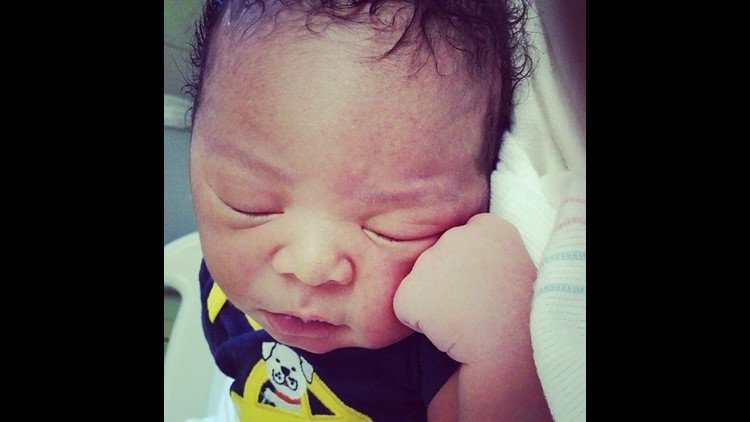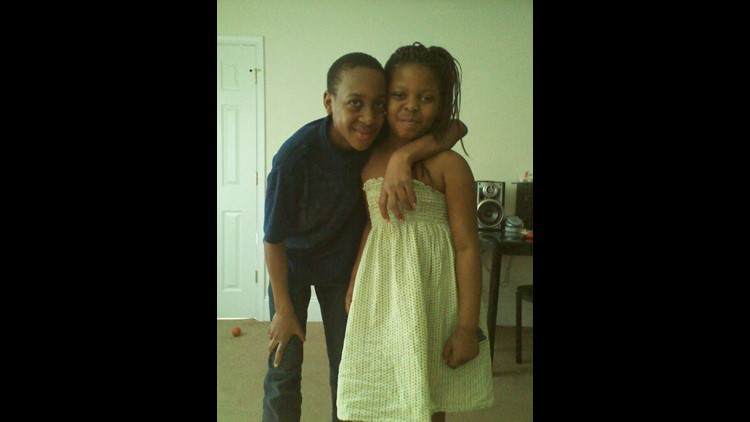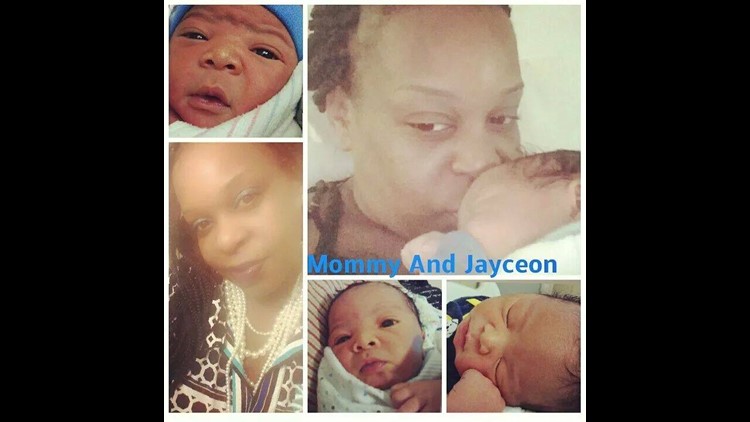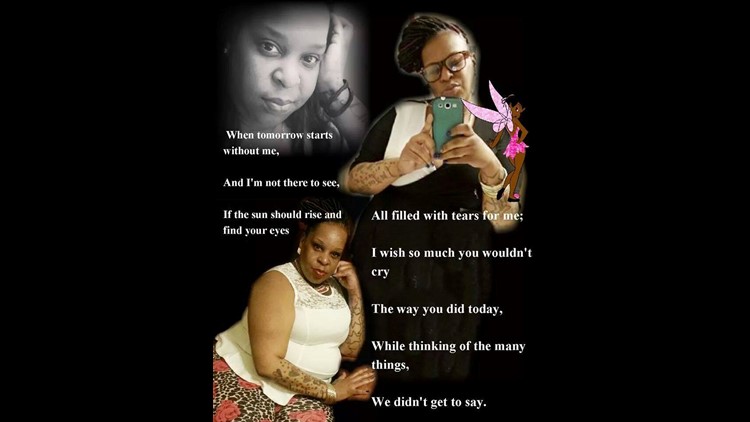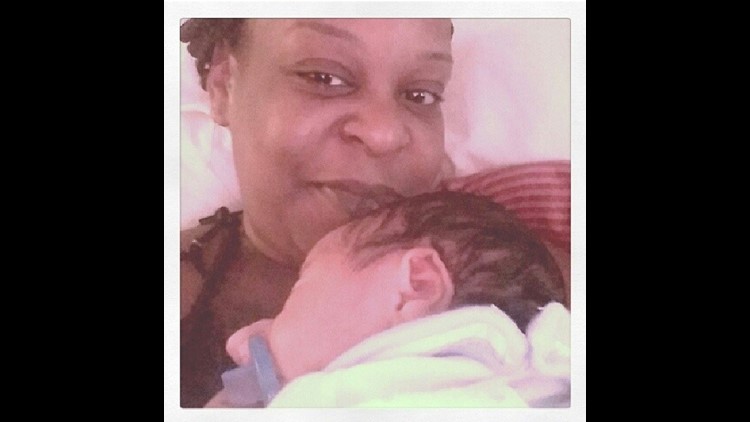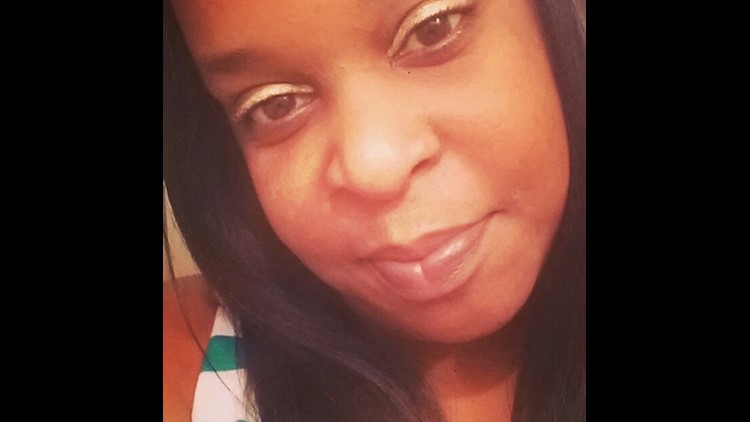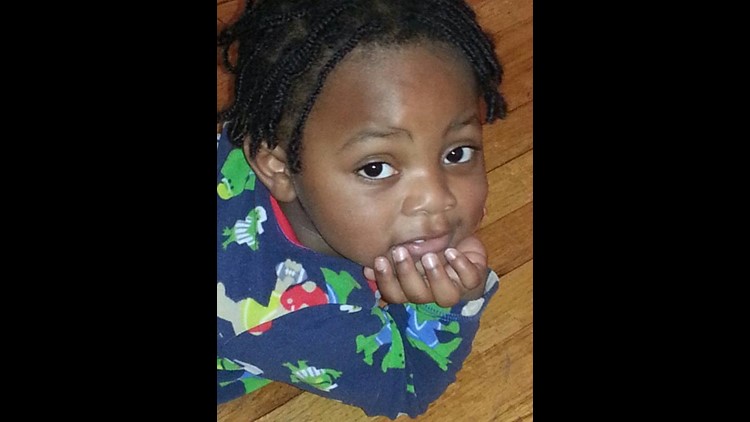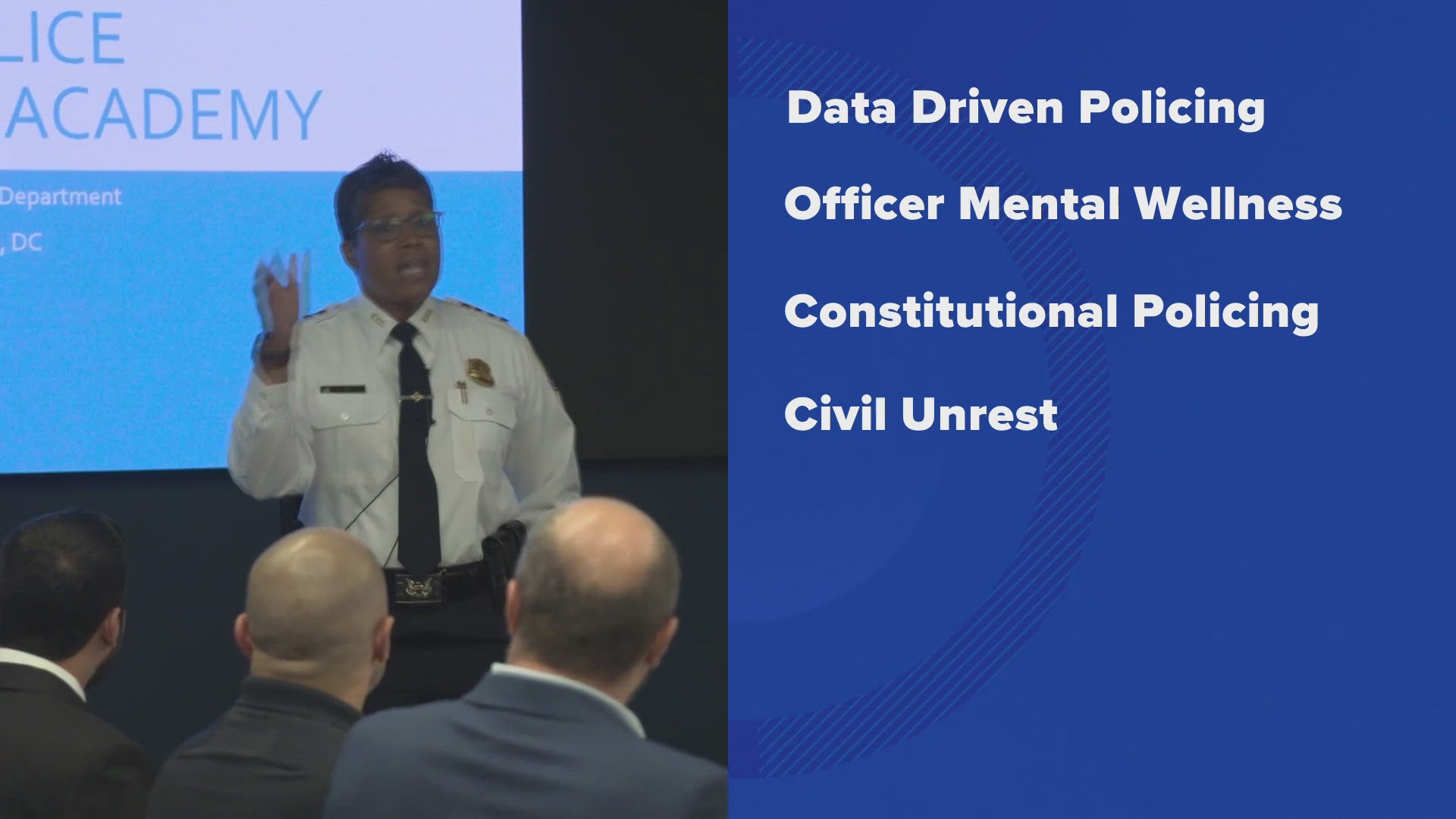WASHINGTON (WUSA9) - It is among the most heart-wrenching tragedies. Every year in America, 700 to 900 moms die from complications related to pregnancy and childbirth.
The U.S. rate of maternal death is twice as high as any other developed country, and it’s even worse in D.C.
Moms in The District are twice as likely to die from pregnancy-related problems as they are on average nationally.
With the help of the non-profit investigative group ProPublica, WUSA9 tracked down one of those families.
Four-year-old Jayceon Taylor will only ever know his mom through pictures.
“Who is that there?” a friend asked him, pointing to a photo of Jayceon just after he was born, when nurses put him in his mother’s arms. “My mommy!” said the pre-schooler, with a smile.
Latisha Nicholson died three days after giving birth to Jayceon. His father Barry Taylor has struggled to raise him without her.
“I can’t put it into words. I think about her every day,” Taylor said. “I see him, I see her. I miss her, a lot.”
Nicholson was just 34 years old. Jayceon was her fourth child.
Her neighbor and friend Kim Harvey said she was so excited to have him.
“Oh my God! That girl loved that baby before he was even born,” Harvey said.
Photos: Latisha Nicholson
Nicholson had to travel all the way across town for her prenatal appointments. But Taylor said there were no early warning signs of trouble. She delivered by Caesarean section and was eager to get home to her other kids.
“She fainted a little bit, getting out of the car,” said Taylor. “And then she came back. She just got dizzy.”
The day after she got home, Harvey and Nicholson’s oldest son, Demarco, heard the baby wailing in the locked apartment. When they got inside, they found her in the shower. She was already dead.
“It was just a very sad day, an unbelievable day,” said Harvey. “Because I just didn't understand what had happened.”
The medical examiner found that Nicholson died of cardiomyopathy, a rare weakening of the heart’s ability to pump blood. It hits within a few months of birth before and sometimes after birth. Its symptoms -- swollen ankles, shortness of breath -- are symptoms a lot of women suffer during pregnancy.
“Could they have done more?” asked Jayceon’s paternal grandmother, Beverly Taylor-Clark. “Should she have left the hospital? Why did she faint in the hospital?”
Those are the kind of questions far too many families are left struggling to answer.
While many developed countries have steadily pushed their maternal death rates down, the rate of moms dying in the US has been climbing. The causes? Older moms, more C-sections, medical mistakes, poverty, lack of prenatal care and more.
The reality is we just don’t have good data.
“We need to get the data,” said Constance Bohan, MD, an OB-GYN who has cared for women in D.C. for 35 years. “We need to get the numbers. We need to look at the age of these women, where these women live, where they’re getting maternity care.”
Bohan has pushed for the city to put together a review committee to look at every single mom who dies from pregnancy-related complications.
Review committees have helped cut the maternal death rate in places like California by pressing hospitals to develop specific protocols to deal with emergencies like uncontrolled bleeding and a spike in blood pressure.
“In pregnancy, when complications happen, there is no time to spare. We have to act exquisitely quickly,” Bohan said.
The protocol bundles help speed up the delivery of care.
Other review committees have found that moms are dying in car crashes and that the big bellies of pregnant women made some of them less likely to wear seatbelts. In Nevada, an advertising campaign to convince them to wear their seatbelts helped save lives, said Bohan.
D.C. is now creating its own review committee, hoping to save more families from the kind of grief that’s hit Nicholson’s children.
“That’s probably is the most sensitive subject to talk about,” said Harvey, tears in her eyes as she thought about the impact of their mother’s death on Jayceon, his two sisters and his older brother.
The D.C. Council has passed a bill to create a maternal mortality review committee. It’s still waiting for the Mayor’s signature.




